|
Photo Credit: Sara Beasley https://opensourcetext.org/ As an English teacher and author, I truly believe in the value of literature. Books can teach us lessons we don't always learn on our own. Below, some of the top life lessons I've learned from reading. 1. Love Doesn't Complete You: Their Eyes Were Watching GodI can still hear my AMAZING AP Lit teacher asking: "Is love the answer to happiness?" during our discussion of this book. We learn from Janie Crawford that although love certainly adds depth and meaning to life, you can't base your entire self-worth on a relationship. This book taught me that love is a beautiful thing, but as a woman, I must find my own identity outside of the confines of a relationship. 2. You can't choose love: Crime & PunishmentSonia and Raskolnikov: a prostitute and a criminal. Quite a pair. However, their undying love for each other goes to show you can't always choose whom you fall in love with. Obviously, falling for the murderous Raskolnikov is less-than-desirable. Nonetheless, beneath the violence and criminality of the book, we see how love can be redemptive...and against our own rational thoughts. 3. Every breath is a gift: A Long Way GoneBeah's non-fiction memoir shows us how quickly life can change, and how frail life truly is. He reminds us to enjoy every breath, every encounter with a loved one because we never know when things will change. 4. Bravery comes in many forms: The NightingaleI adore how Vianne and Isabelle both show bravery and courage but in very different ways. This book shows the strength of a woman and how the right choice isn't always obvious. 5. The parent-child relationship is unbreakable: Cry, the Beloved CountryThis book is about the impossible lengths one will go to for a child. Even with the bitterly tragic ending, there is hope because the bond will live on through Absalom's son. This book shows that no mattter what, a true parent's love is limitless. 6. Sometimes bad things happen to good people: Tess of the D'UrbervillesLife isn't fair, and Tess certainly shows us this. Her story reminds us that fairness isn't guaranteed in life and helps us deal with this reality. 7. Even in darkness, there is beauty: The RoadMcCarthy's gorgeous prose about the apocalyptic, dark world show us that even in sheer ugliness, beauty can shine through. The tender moment over the Coca Cola is a pure example. Even in horrible times, we can find gleaming moments of beauty to appreciate. 8. Trust your own judgement above all else: 19841984 taught me to never take information for granted. You must ask questions and constantly assess: "How do I know this is true?" Certainly, the book does induce a sense of paranoia to an extent. However, I think it makes us better citizens by helping us always question truth and motives of those in power. 9. Life's difficulties can help you focus on your dreams: The Last LectureWhen I think of Randy Pausch, I think of the brick walls. I love his metaphor about the walls and how they are there to see how badly we want something. Everytime I hit a roadblock with my goals, I remind myself that they are just a test. 10. Sometimes our goals don't lead to happiness: FrankensteinVictor thought the monster would be his shining achievement. He feverishly devotes himself ot this one moment of glory but realizes all is not well once he achieves it. Frankenstein reminds us that not every goal is worth pursuing endlessly. We must seek to achieve our desires, certainly, but we must also recognize reasonable limitations and not spend our life consumed by lofty dreams. What literary lessons have you learned? Share below!
1 Comment
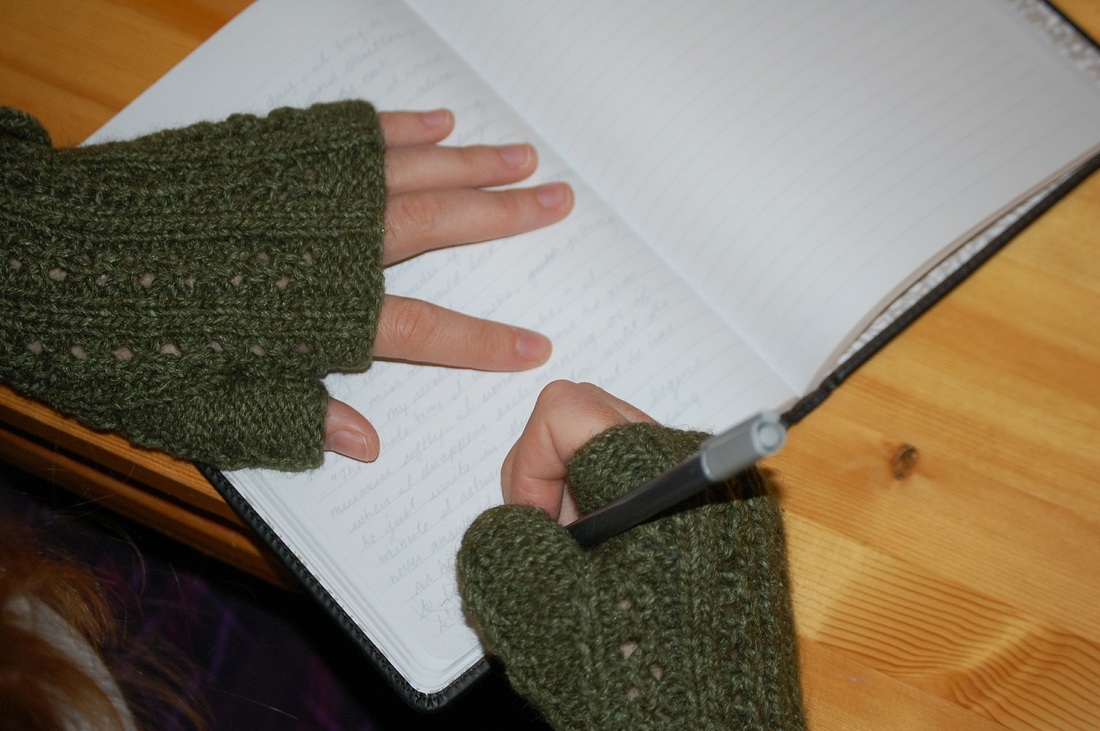 As a high school English teacher and a published author, I was ecstatic when given the opportunity to teach a creative writing class… but also terrified. Although writing is my passion, teaching creative writing seemed intimidating. How do you walk the fine line between giving helpful constructive criticism and squashing a child’s confidence? How do teach students to be truly creative, to free the restraints we tightly put in place in the traditional Language Arts classroom? I’m going into my third year of teaching creative writing, and I can say I haven’t completely mastered it. The beautiful yet daunting element of creative writing is you can never truly reach perfection. However, here are some tips and tricks I’ve picked up along the way to help your creative writing class be successful. 1.Model writing. If we want to teach our students to be fearless in their writing, we have to be fearless in our own writing. Try to participate in the activities you set before your students—then be willing to share your work. Students need to see you struggle, get excited, and open up about your own writing in order to understand the process. 2.Create an atmosphere of honesty. From day one, we talk about the value of honesty. Telling every student “great job” only cheapens their effort, their work, and the class. I teach proper critiquing etiquette in the first week so students understand the difference between constructive criticism and cruelty. They learn to be open with each other about what works and what doesn’t so we can all grow. 3.Push students out of their writing styles. We cover all genres in my classroom, including humor. Many students will be nervous about switching what they perceive as their genre, but encourage them to go outside of their comfort zones. Remind them it’s okay to fail at a genre. Also remind them that writing other genres can help them improve elements in their preferred genre; 4.Let students create prompts sometimes. Coming up with prompts can be exhausting. Once in a while, I throw the task to the students. I’ve found that when I’m out of creative ideas, they often can come through, creating challenging and engaging prompts. It also gives them a sense of ownership of the class. 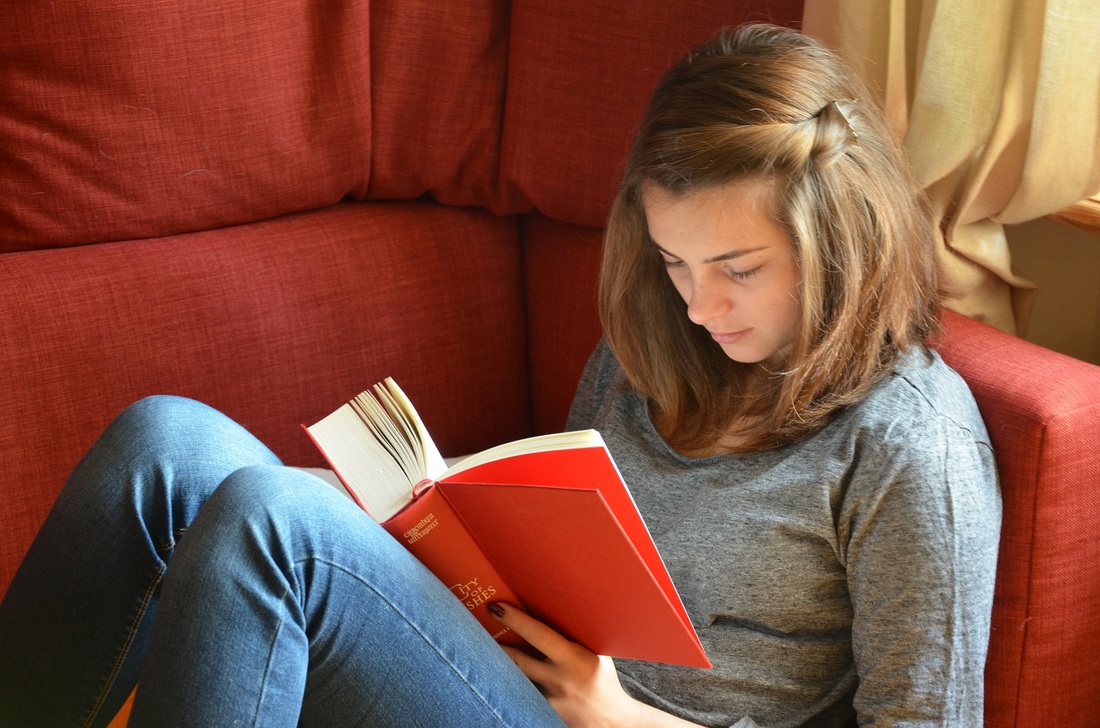 5. Look for writing books to help you. Many creative writing books, in my opinion, are too stiff, formulaic, and the antithesis of creativity. However, there are some great books out there. Two of my favorites are Karen Benke’s Rip the Page!: Adventures in Creative Writing and Jennifer Traig’s Don’t Forget to Write for the Secondary Grades. 6.Read On Writing by Steven King. As a teacher, this book gives you great perspective from one of the most successful writers of our time. This book does have a lot of profanity, so it probably isn’t something you’d want to have your students read as part of the class. However, it gave me new perspectives on what I was teaching and has helped me help the students. 7.Incorporate non-writing, creativity building activities. You don’t have to write every single day to teach creative writing. Focus on the “creativity” part. Sometimes, we do challenging art projects or group games that enhance creativity. Think outside of the box with your lesson plans in order to help students think outside of the box with their writing. 8.Have free write Fridays. This year, Fridays will be days students can choose what project they work on, anything from a book, a story, a poem, or even improving the writing in an essay. Giving students ownership of their tasks helps them understand the value of what you are teaching. 9.Encourage students to keep journals. Sometimes great story ideas can come from journal writing. Encourage students to keep journals outside of the classroom for idea generation. 10.Create an outside audience once students are comfortable with sharing. Giving students an audience can make their writing feel more real. Invite in another class for a flash fiction reading. My students also wrote children’s books last year. We invited in students from the classroom for students with multi-disabilities to be our guests. 11.Always encourage students to look for the positives in writing before criticizing. Teach students that every piece of writing has a positive. This will help build confidence. 12.Examine writing of the greats.
Pull in pieces from a variety of writers, and encourage students to bring in pieces of writing that move them. 13.Talk about blogging. Even students who aren’t interested in publishing novels may be able to benefit from a discussion of creative non-fiction, especially with blogging. Open students’ eyes to the world of blogging and do mini-lessons on things like SEO, advertising, and guest blogging to show them new possibilities. 14.Teach students how to write for social media. Social media is the modern platform for writers. Teach students how social media can be a tool, no matter what your profession. Talk about best practices for different social platforms and discuss internet safety. Creative writing has so many different mediums; teach as many as you can. 15.Encourage knowledge of self. I encourage students to explore who they are through various activities. We talk frequently about how knowledge of self helps with knowledge of writing. Activities such as writing six-word memoirs help students evaluate who they are and how it impacts their writing. 16.Teach students to write on command. Many students complain that they cannot write at school; they only write at home. I make students write in class anyway. We talk about how expanding your writing atmosphere helps you grow as a writer. We also discuss how even if you scrap what you write in school, there may be some gems you can use. 17.Promote editing and rewriting. Real writers rewrite…and rewrite…and rewrite. I try to promote this ideal in my class. We use peer feedback to help fix issues in first drafts and to reveal weaknesses. 18.Connect with professionals in the field. Bring in writers of all genres and fields. Seeing professionals helps make the content of the class real. I recently signed up for some Skype classroom visits with authors. There are so many authors who will Skype with your students and answer questions. 19.Promote reading as a means of developing writing. Encourage students to read in addition to writing. All of the greats talk about how important it is to read if you want to be a great writer. Promote this ideal in your writing classroom. 20.Create group writing activities. We don’t always write as individuals. I encourage collaboration for certain activities. Students benefit from seeing other students’ great ideas and also their struggles. It promotes confidence and builds an atmosphere of comfort in the classroom. Above all, creating a space where students feel comfortable enough to write, share, explore, and even make mistakes is crucial for a successful writing class. I wish you all the best with your creative writing class and encourage you to share any tips you have found to be successful in the comments below! Lindsay Detwiler is a high school English Teacher and a published contemporary romance author. To learn more about her, check out her Facebook, her blog, and her Twitter page I loathe the gym. I hate working out, exercising, doing more than 5 reps of anything. I hate getting sweaty. I hate getting muscle cramps. I hate running, jogging, jumping, or anything involving coordination.
Perhaps my hatred goes back to my school days when gym class was a minefield and a social devastation. Other than badminton, there was never a gym class skill I mastered…and even that was sketchy. I was the ten minute mile girl, even when I tried. I was the zero pull-ups girl. I was the girl who got hit in the forehead every time we played ultimate Frisbee. I was the girl who fell on her chin in front of the whole class when trying to be the human wheelbarrow. My whole chin turned a lovely shade of black. In fact, I only had one B my entire academic career…it was, you guessed it, in gym class (I can still remember after the tears settled and I could talk about the B without a sob fest, it was Christmas time. My dad decided to get me Tae Bo DVDs for Christmas to make it better. I was furious. He thought it was hysterical). As I enter my late twenties, unfortunately my sluggish ways of the past aren’t working any more. While I used to do absolutely no exercise and eat absolutely everything without gaining weight, this is no longer the case. I’m in those awful days where one mini Twix bar equates to an extra flabbiness at the waist, where a few bad days of eating make my pants feel like they’re going to explode. Thus, I do work out a few days a week. But I’m no superwoman in the gym, and I’m definitely not always in my comfort zone. And I’m definitely not always happy. I love my classes, I do. I love my instructors. They’re inspiring and motivating beyond belief. I just have this intensely negative, “I can’t” attitude when it comes to working out. I make excuses not to go—oh, it’s windy…better not go in case a tornado hits. I whine, internally and externally. I complain. I give up. I get angry—fifteen more push-ups, are you kidding? That’s crazy talk. I try to cheat. I do cheat. I do everything I can to get by…but I don’t give it my all. The other day at the gym, though, it hit me. When exercising, I am the equivalent of the worst student on the planet. See, for me, school is easy. Give me a super difficult test, an awful essay to write, I don’t care. I’ll grit my teeth and do it. The harder the task is, the harder I work. I love a challenge, I love to face the impossible. I am the ultimate bookworm, nerd, and everything that means I love academics. But in the gym, well, I’m like the kid who hates reading, who hates school. I’m the kid who uses “can’t” and “no” more than “yes” and “I’ll try.” I’m the kid who gives up before she even started, before she even looked at the task at hand. I’m the kid who asks to go to the bathroom eight times a day or tries to make up excuses to take a nap or suddenly has a stomachache on the day of a quiz. I’m all of those kids rolled into one. Now, when a student complains about Shakespeare or Whitman or Poe, I try not to take it personally. I don’t get frustrated or think to myself Why the heck can’t you just do the work? Instead, I picture my whiny, sweaty, frizzy-haired self resting on the yoga mat because I don’t feel like doing another side plank. I think of myself sneaking a rest when the instructor isn’t looking. I think of how I internally tell myself to just slow down on the run…it doesn’t matter any way. And then I am a better teacher...because I know, firsthand, the pull of discouragement and excuses. I know what it’s like to want to quit. I know how to help them get over their mental roadblock, at least for the day. Because if the klutzy girl who fell on her chin in gym class can try to get through P90X, Shakespeare just might not seem so impossible. |
*As an Amazon Affiliate, I get a small fee for any books purchased through the links below.
Archives
May 2024
Categories
All
|



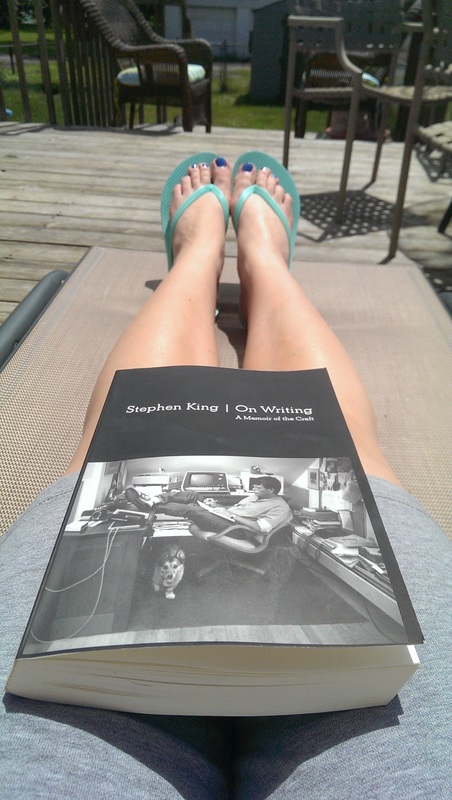

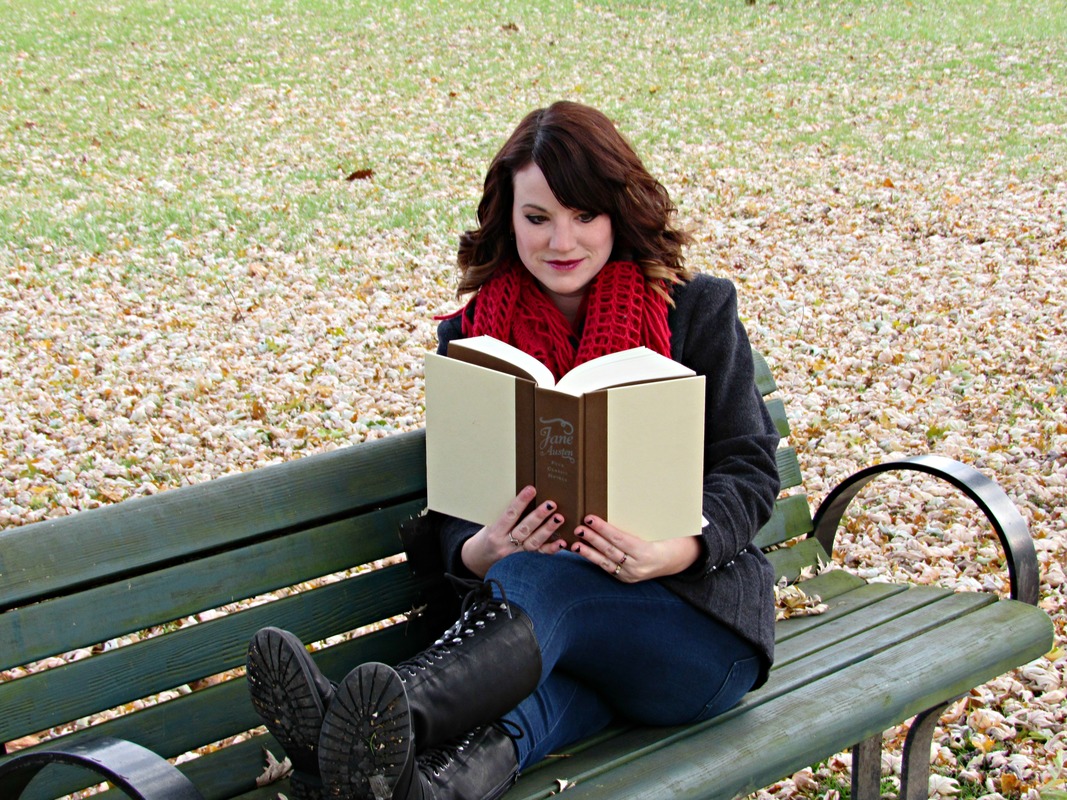


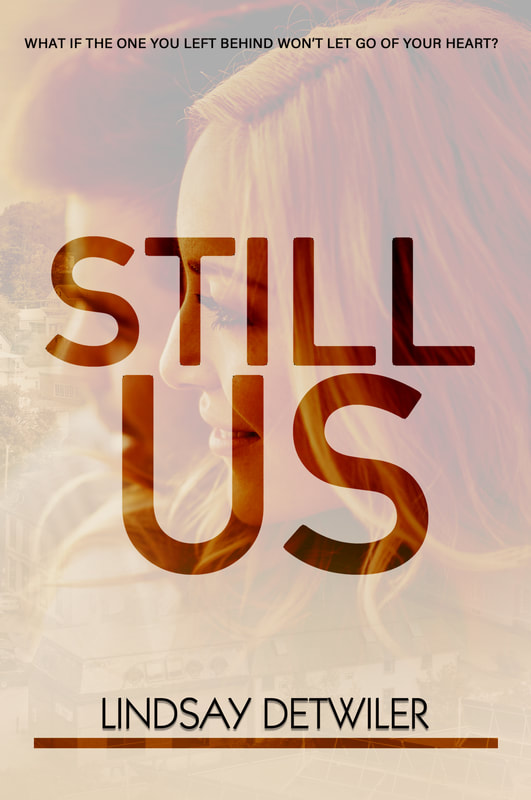

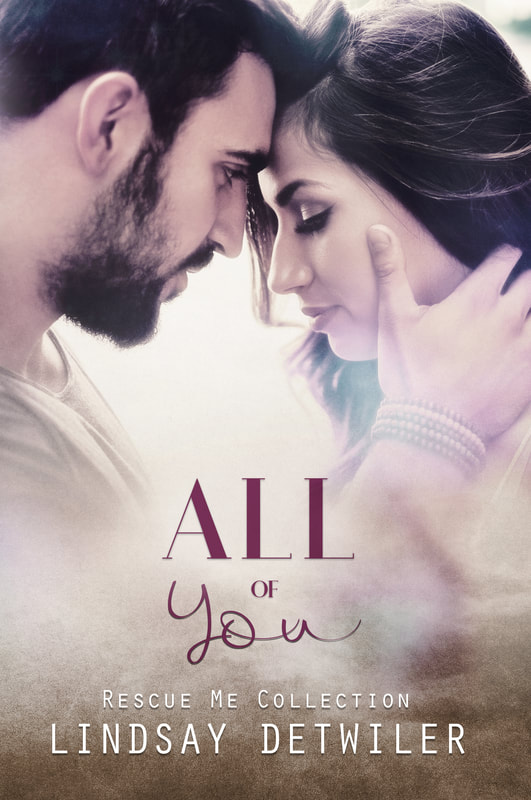

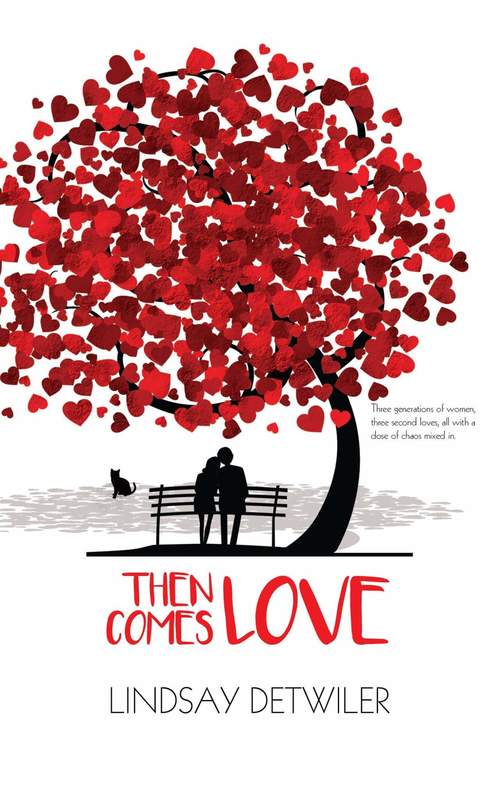
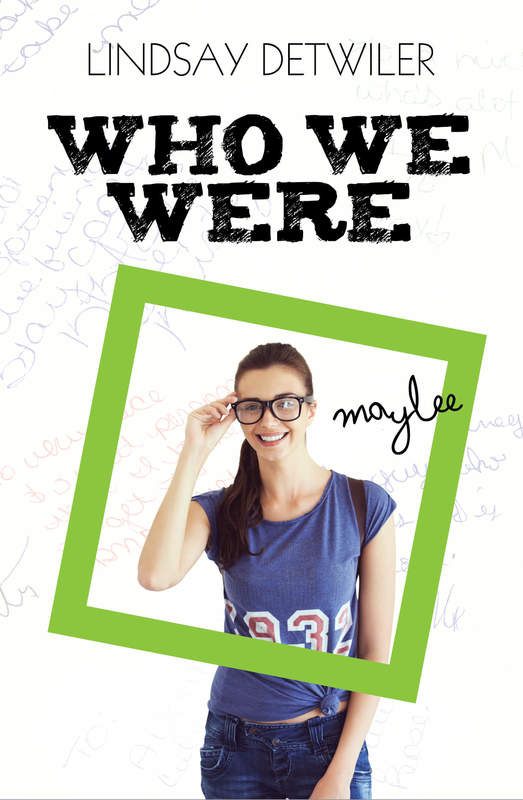
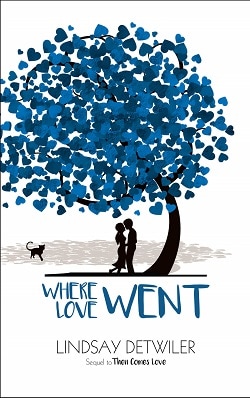

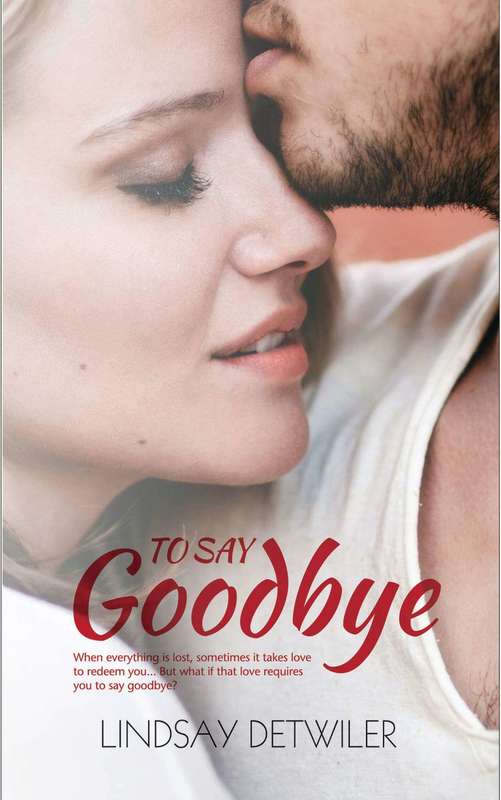
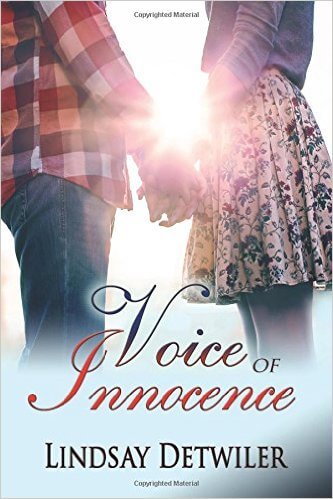
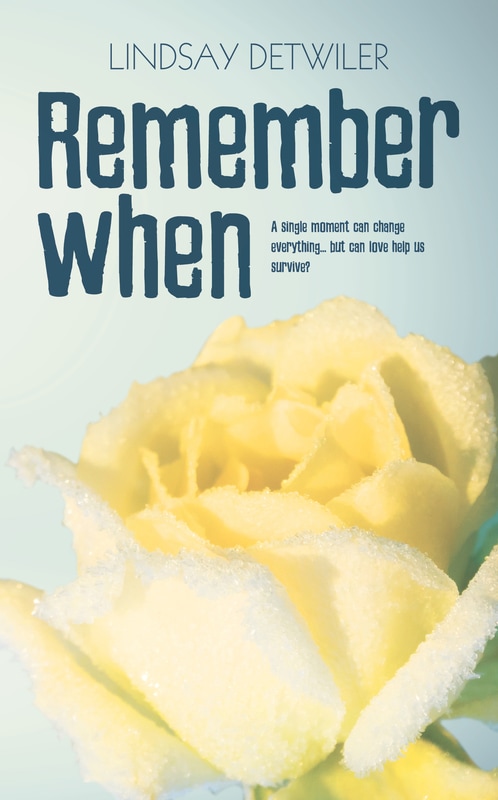
 RSS Feed
RSS Feed